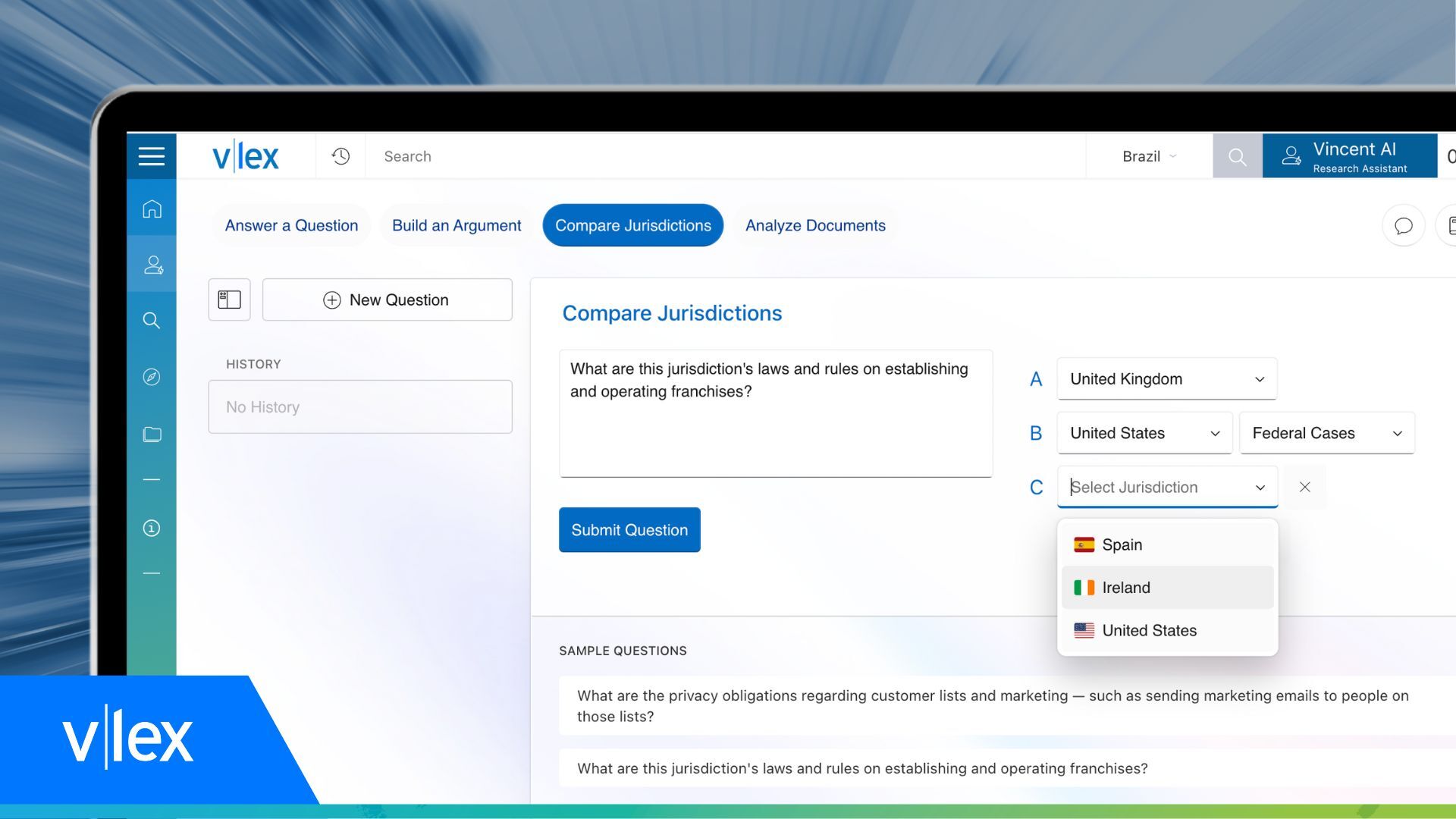Are Some Banks Too Big to Indict? HSBC to Pay $1.9B in Money Laundering Probe
U.K.-based bank HSBC has agreed to pay a record $1.9 billion as part of a deferred prosecution agreement with U.S. authorities investigating money laundering.
HSBC is expected to forfeit more than $1.2 billion in a deferred prosecution agreement and pay more than $650 million in civil fines, report the New York Times Dealbook blog and the Wall Street Journal (sub. req.). A story by Reuters says it was the first to report the deferred prosecution agreement last week.
The bank’s troubles began in 2007 with a probe of suspicious cash flowing through its Mexico and U.S. branches, the Wall Street Journal says. The transactions were thought to aid Mexican drug cartels, DealBook says. The bank was also facing allegations that it transferred large amounts of money for nations such as Iran, according to the DealBook story.
The deferred prosecution agreement is with the U.S. Justice Department and the Manhattan District Attorney’s office. The bank will admit to violations of the Bank Secrecy Act and Trading with the Enemy Act.
According to DealBook, authorities had considered indicting HSBC, but opted for the settlement instead. “While the settlement with HSBC is a major victory for the government,” DealBook says, “the case raises questions about whether certain financial institutions, having grown so large and interconnected, are too big to indict. Four years after the failure of Lehman Brothers nearly toppled the financial system, regulators are still wary that a single institution could undermine the recovery of the industry and the economy.”



